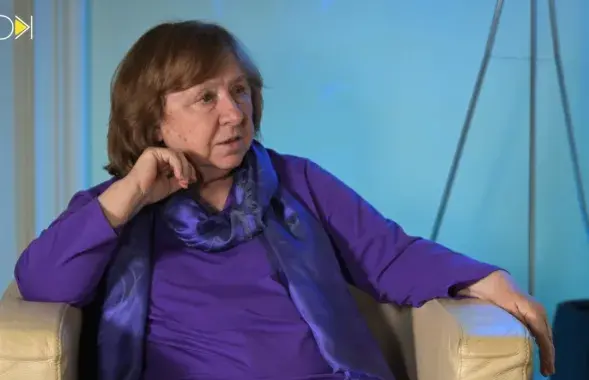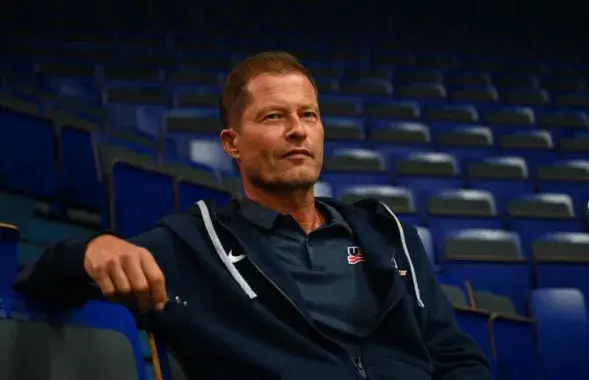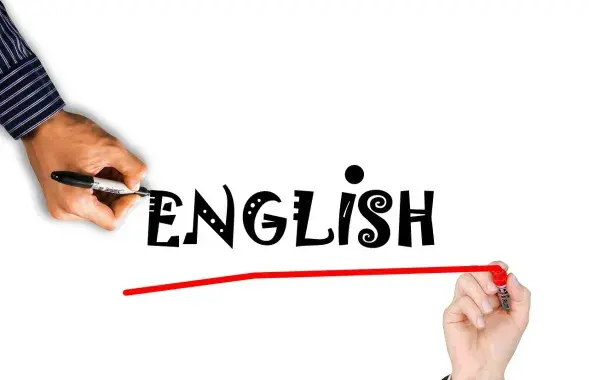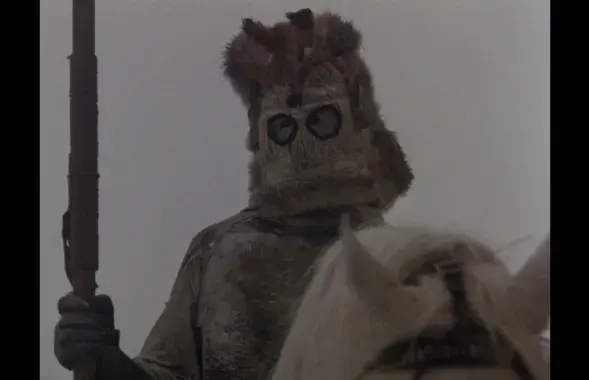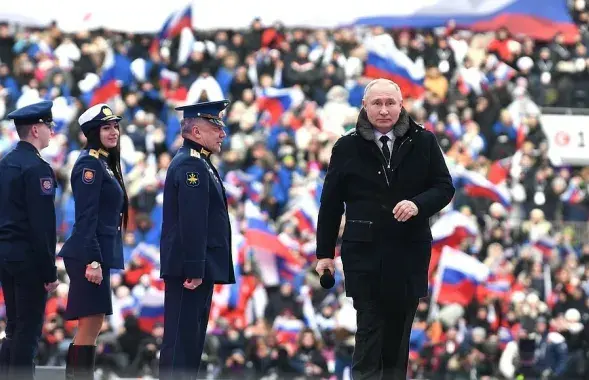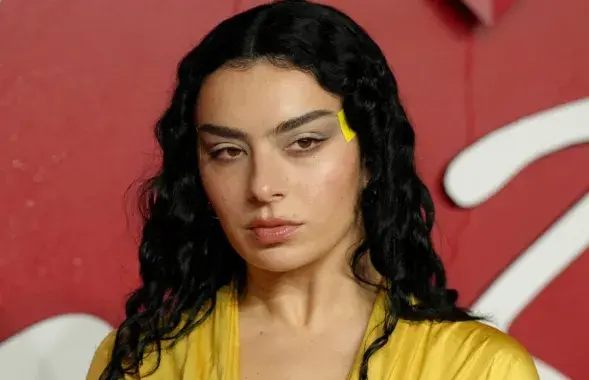Englishman secretly shots a movie about "Europe's last dictator" in Belarus
Matthew Charles has told Euroradio how Julian Assange helped him and what the British know about Belarus.
The premiere of the documentary movie "Europe's Last Dictator" will take place in London on March 1. The authors of the movie are Matthew Charles and Juan Pasarelli. The budget of the movie is about 16 thousand Euros. Matthew Charles has explained to Euroradio why he got interested in Belarus and which problems he came across during shootings.
Euroradio: Why did you decide to make this movie?
Matthew Charles: This is my second movie about Belarus. I spent much time with Belarusian activists, with the Belarusian "Free Theatre". I know a lot of people who were arrested and beaten at the demonstration on the Election Day. Creating this movie is my attempt to help, to improve the situation. I already made one movie about Belarus, it was called "Direction of Revolution" - this was a documentary movie for the BBC, which told about the "Free Theatre".
Euroradio: Will the new movie also be broadcasted on BBC?
Matthew Charles: We'll see, I hope so (laughs).
Euroradio: You have been in Belarus - what do you think about the country and the people?
Matthew Charles: This is a beautiful country with very pleasant hospitable people. I have a lot of Belarusian friends. I always felt generous attitude of the local inhabitants towards me. So, I have many Belarusian friends now, both in Belarus and in Britain.
Euroradio: What would you say about the political situation in the country?
Matthew Charles: I think that it is a disgrace that people cannot live their lives the way they want. When families break down to pieces because of the actions done by the Belarusian authorities. In particular, this concerns the families of Ales Mikhalevich and Leanid Navitski. This is a tragedy and a deep sorrow.
Euroradio: When you were in Belarus, did you shoot some scenes for the movie?
Matthew Charles: I secretly shot in Belarus all the time, for example, in Shklou and Aleksandria. We tried to get back to Alyaksandr Lukashenka's past in those places, back to his roots. The final part of the movie was also shot in Belarus. I met with many people and recorded our conversations. These people were family members of Leanid Navitski, Andrej Sannikau, Andrej Dzmitryeu, Milana Mikhalevich. This was in April and May 2011.
Euroradio: On the whole, does the movie attract much interest in Britain?
Matthew Charles: We'll see this soon. The movie has not been on screens yet. Belarus is the topic which the British people, frankly speaking, know nothing about. However, I am sure that if they knew they would be shocked by what is happening, in fact, at their neighbours'.
Euroradio: What can you tell about the presentation of the movie in Minsk?
Matthew Charles: Yes, something is planned but I cannot give you any details.
Euroradio: What can you tell about participation of actress Joanna Lumley?
Matthew Charles: This is her voice that we hear at the back. She is a great friend of the Belarusian "Free Theatre". She says sincerely that she used t know nothing about Belarus before, and when she found out what was happening there she was shocked. Therefore, she provided her voice in support of the Belarusian opposition. She thinks that it is necessary to attract more attention to Belarus not only in Britain but all over Europe, and all over the world.
Euroradio: Please tell about Julian Assange's participation in the project.
Matthew Charles: Assange also supports the demand to release the Belarusian political prisoners, and democratization of Belarus. His connection with the movie lies in the fact that we use the fragments of intercepted correspondence from the American diplomatic sources, which appeared on Wikileaks. He will also be at the presentation in London and will speak about Belarus. I don't think he will give some new information from the correspondence about Belarus, as all texts were available online. However, it is possible that there will be some new facts connected with this intercepted correspondence which people didn't know before in our movie.
Euroradio: It is interesting - what is the budget of the movie? And which organizations financed it?
Matthew Charles: No organizations financed it, this is totally my project. No resources apart from my personal ones were used in it. I invested about 10 thousand pounds.
Euroradio: Do you plan to hold presentations of the movie in other countries, apart from Great Britain and Belarus?
Matthew Charles: Yes, we do. However, I want to take part in film festivals with my movie first.
Euroradio: Maybe, you had any problems because you shot a movie in Belarus?
Matthew Charles: They stopped me in the airport when I was leaving, and talked to me for two hours. They knew I was making a movie so they looked for my video-records. However, they did not find the video which I had sent through the border beforehand.
